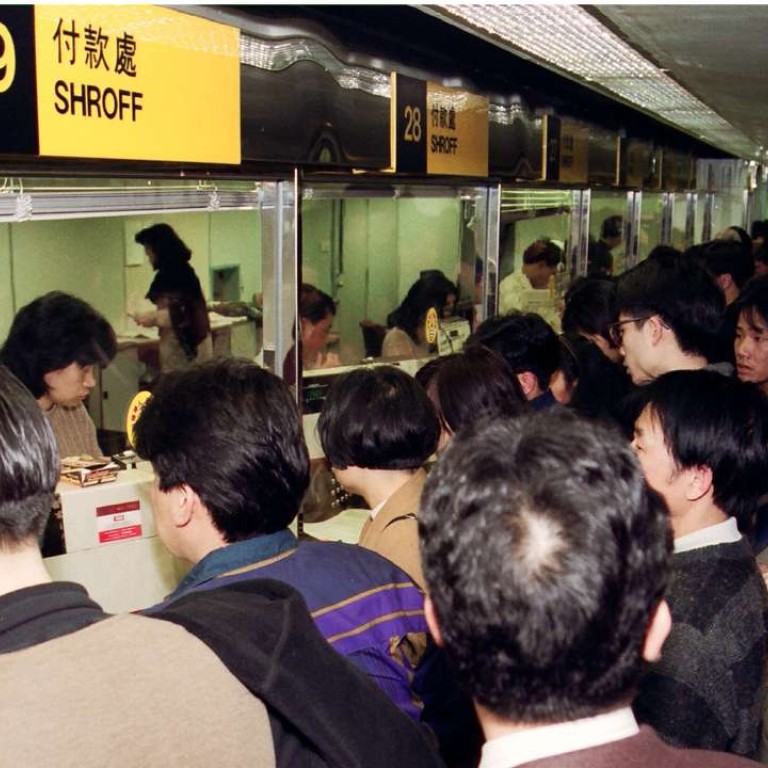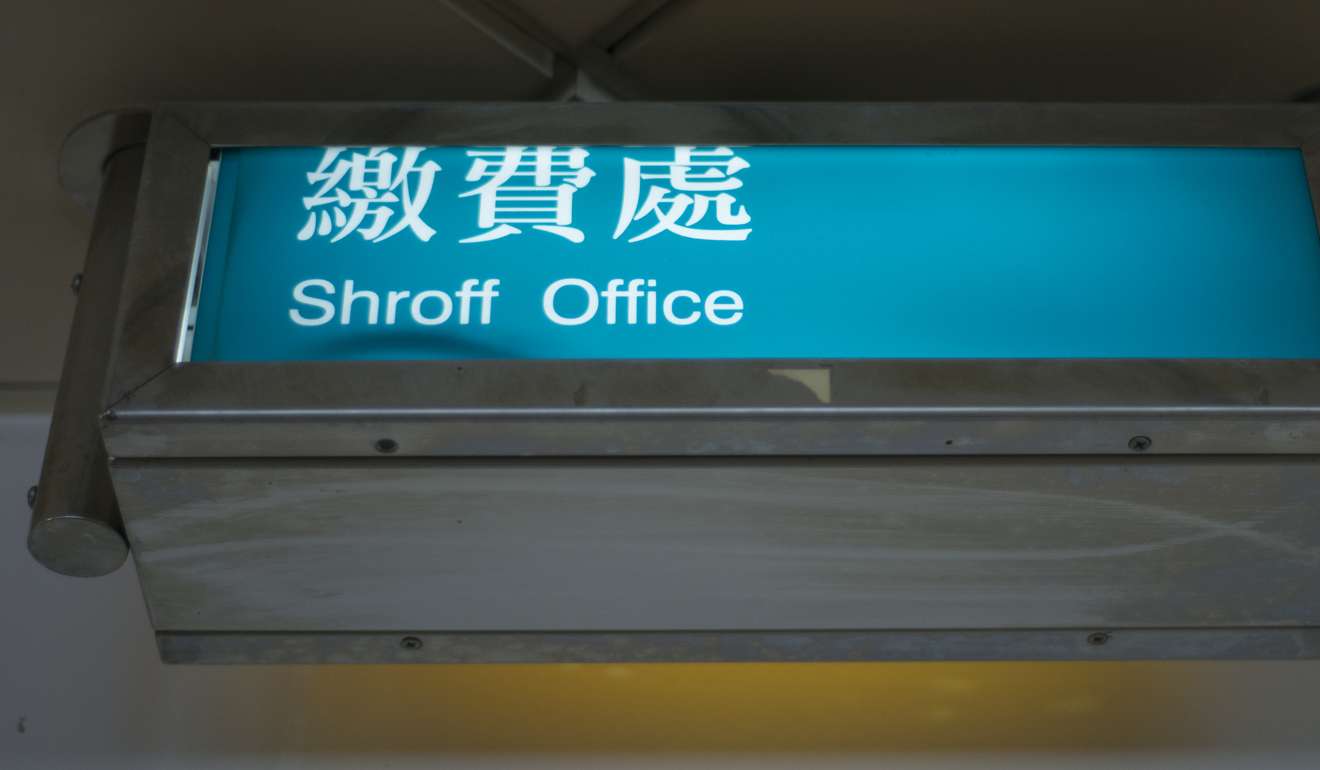
Where the word ‘shroff’ came from, and its many meanings
Money changer, silver expert, customs officer, court money collector, cashier’s office – a word originally borrowed by English from India, which coined it from Arabic, has meant different things down the years
As far back as the early 1600s, the word “shroff” – including the forms “shrofe”, “sheroffe” and “sheraff” – has been used in the English language. It was documented in colonial writings on India, referring to local Asian bankers or money changers in the British East Indies. The word entered English via the Anglo-Indian English “sharaf”, but its origins lie in the Arabic صَرَّاف ṣarrāf (“money-changer”), entering Persian as ṣarrāf, and Gujarati as šaraf in the period of Perso-Arabic influence over the language during the mid-13th to mid-19th centuries of Persian Muslim rule – the Delhi sultanate and the Mughal empire – in the Indian subcontinent.
It entered Portuguese as xaraffo during the European coloniser’s long occupation in India from the mid-16th century – referring to customs officers and money-changers, and also providing us with xarafaggio (“shroffage”, the xaraffo’s commission), as noted in a 1585 colonial report from Goa. With Indo-Portuguese being the lingua franca not only between the Portuguese and locals but also adopted by subsequent European travellers and colonisers, numerous Anglo-Indian words were introduced via this language variety.

In the Far East, “shroff” also referred to a native teller or silver expert employed by mercantile establishments to inspect and detect a bad coin, or the act of examining a coin to separate the genuine from the base. Shroffing schools teaching the art in Canton are documented in a 19th-century glossary.
Shroff is one of the common – likely occupational – surnames of the Parsis, Zoroastrians who fled persecution in Persia between the 8th and 10th centuries to settle in Sindh and Gujarat, becoming prominent in business and money-lending. In the 1700s, they were among the pioneers of the China coast trade during the East India Company’s expansion, continuing their success in business in Hong Kong.
“Shroff” has fallen out of modern English usage, with two exceptions. Indian English still uses the word, with its original meaning of banker or money-changer. In Hong Kong, “the shroff”, in 1872, was a police court official to whom monies were paid, and the Far Eastern Economic Reviewran a regular “Shroff” column.
In contemporary Hong Kong English (and Sri Lankan English and, previously, Singaporean English), “shroff” has undergone specialisation, narrowing its scope in meaning to refer to a cashier, cashier’s office or payment booth, in government offices, hospitals and, especially, car parks.
And, with this Hong Kong English meaning included in the Oxford English Dictionary’s March 2016 update, newcomers to the city no longer need be puzzled by the term.

